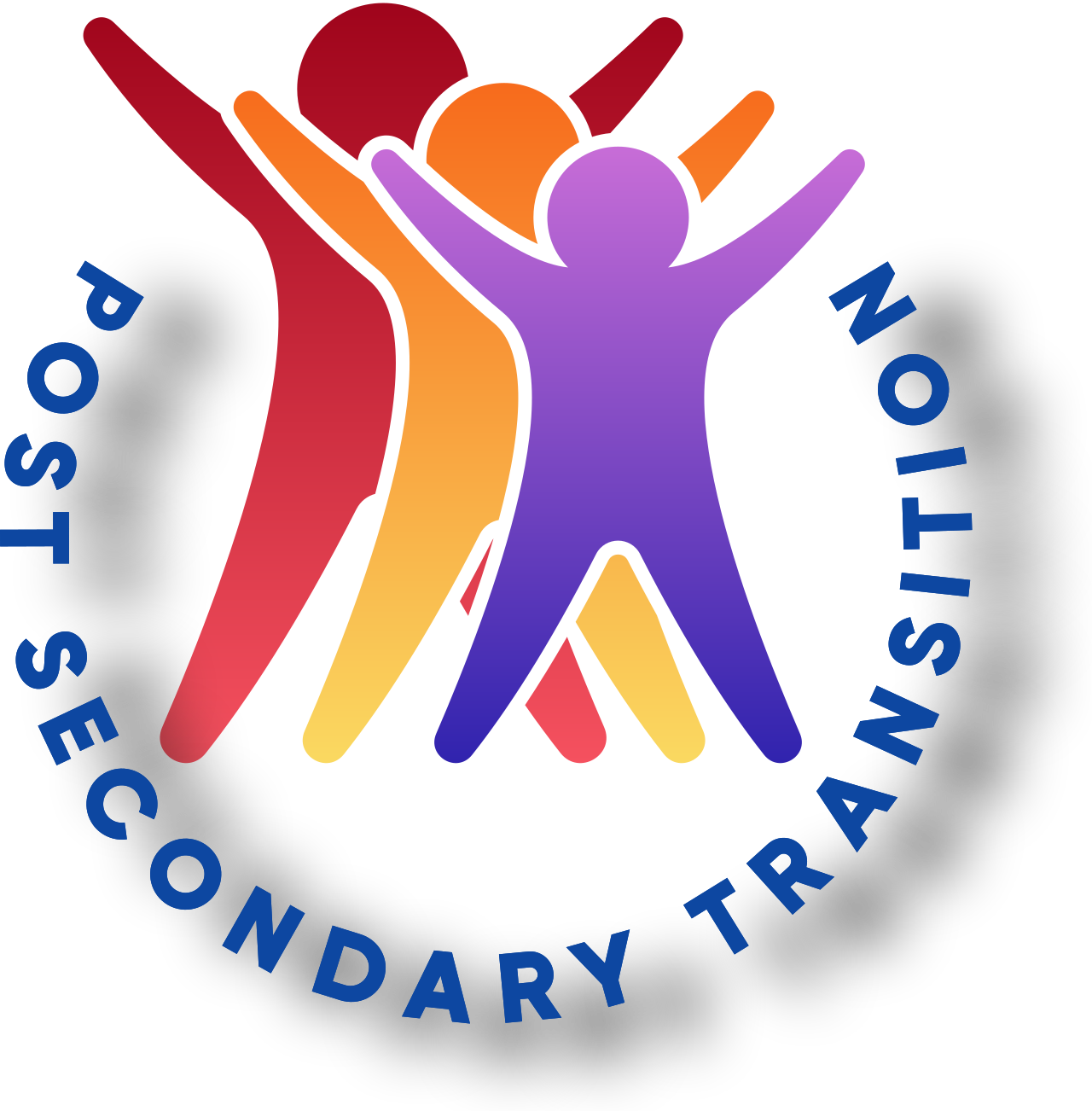ALTERNATIVES
To
GUARDIANSHIP
Guardianship can be a restrictive and intrusive measure, so there are alternative approaches that aim to provide support and autonomy to individuals who may require assistance. It's important to note that the suitability of alternatives to guardianship depends on the specific circumstances and the level of support and decision-making capacity of the individual involved. It's recommended to consult with legal professionals, social workers, or other experts to determine the most appropriate approach for your family.
It's important to note that laws and regulations regarding surrogate decision making may vary depending on location. Consulting with legal professionals or healthcare providers can provide more specific guidance and information.
Health Information Privacy Act (HIPAA)
A federal law enacted in the United States in 1996. HIPAA establishes national standards to protect the privacy and security of individuals' sensitive health information. It applies to covered entities, which include healthcare providers, health plans, and healthcare clearinghouses, as well as their business associates.
Some key aspects of HIPAA include:
Privacy Rule: This rule sets standards for the use and disclosure of PHI by covered entities and provides individuals with certain rights over their health information.
Security Rule: The Security Rule establishes standards for the protection of electronic PHI (ePHI), requiring covered entities to implement safeguards to ensure the confidentiality, integrity, and availability of this information.
Breach Notification Rule: This rule mandates covered entities to notify affected individuals, the Department of Health and Human Services (HHS), and in some cases, the media, in the event of a breach of unsecured PHI.
HIPAA violations can result in significant penalties and fines, depending on the severity of the violation and the organization's compliance efforts. The law aims to strike a balance between protecting individuals' privacy rights and enabling the effective and secure exchange of healthcare information.
The primary goal of HIPAA is to ensure the confidentiality of individuals' protected health information (PHI) while allowing for the secure exchange of medical information necessary for patient care and other legitimate purposes.
Supported Decision Making
Supported Decision Making is an approach that promotes the autonomy and self-determination of individuals, particularly those with disabilities or cognitive impairments, in making decisions that affect their lives. In Supported Decision Making, individuals receive assistance, support, and information from trusted individuals, such as family members, friends, or professionals, to understand the options, consequences, and implications of their decisions. The supporters provide the necessary support without imposing their own judgments or making decisions for the person.
Supported Decision Making can be applied to various areas of life, such as healthcare, finances, education, employment, and personal relationships. Its goal is to empower individuals and promote their independence, while still providing them with the necessary support to make decisions that reflect their own wishes and desires.
Does Your State Recognize Supported Decision Making? Use this Resource
The key principles of Supported Decision Making include:
Autonomy and self-determination: Individuals are recognized as the ultimate decision-makers in matters concerning their own lives.
Inclusion and participation: Individuals have the right to be actively involved in decision-making processes and have their voices heard.
Respect for individual preferences and values: Decisions should align with the person's own values, beliefs, and preferences.
Tailored support: The support provided is customized to the individual's specific needs, ensuring they have access to the information and assistance required to make informed decisions.
Least restrictive option: Efforts are made to provide support that is the least restrictive to the individual's rights and freedoms while ensuring their well-being and safety.
-
American Bar Association (www.americanbar.org): The American Bar Association has a dedicated webpage on supported decision-making, which offers various resources and tools. They provide information about legal aspects, ethical considerations, and practical implementation of supported decision-making.
Autistic Self Advocacy Network (ASAN) (autisticadvocacy.org): ASAN is an organization run by and for autistic individuals. They have a section on their website that focuses on supported decision-making. ASAN provides resources, guides, and personal stories to help understand and implement supported decision-making practices.
Center for Public Representation (www.centerforpublicrep.org): The Center for Public Representation is a nonprofit organization that focuses on protecting the rights of individuals with disabilities. They offer resources and publications related to supported decision-making, including toolkits and legal guides.
Open Society Foundations (www.opensocietyfoundations.org): The Open Society Foundations have a section on their website dedicated to supported decision-making. They offer publications, reports, and resources related to the topic, including legal frameworks and case studies from different countries.
National Resource Center for Supported Decision-Making (www.supporteddecisionmaking.org): The National Resource Center for Supported Decision-Making is a comprehensive online platform that provides information, resources, and tools related to supported decision-making. It offers a wide range of materials, including guides, research papers, webinars, and videos.
Remember to critically evaluate the information provided on these websites and consult with legal and healthcare professionals for personalized advice and guidance on surrogate decision making.
There needs to be a form signed for Supported Decision Making; two people will need to sign a document you create and agree to consent to it. This can also be practiced informally. This is considered an ADA (Americans with Disabilities Act) accommodation.
If an individual cannot handle decision making even with supports in place, a family might want to consider Surrogate Decision Making instead.
Surrogate Decision Making
Surrogate decision making refers to the process of making decisions on behalf of another person who is unable to make decisions for themselves due to incapacity or incompetence. This often occurs in situations where an individual is incapacitated due to a severe illness, injury, or mental impairment, rendering them unable to express their preferences or make informed choices, however it does not cover mental health treatment or sterilization.
Surrogate decision making typically involves appointing a surrogate decision maker, also known as a surrogate or proxy, who acts as a substitute decision maker for the incapacitated person. The surrogate's role is to make decisions that are in the best interests of the individual based on their known preferences, values, and overall well-being.The process of surrogate decision making may vary depending on the jurisdiction and the specific circumstances involved. In some cases, the incapacitated person may have previously designated a surrogate through an advance directive, living will, or power of attorney document. In the absence of such documentation, family members or close friends may be involved in the decision-making process. In certain situations, the courts may appoint a guardian or conservator to make decisions on behalf of the incapacitated person.
The process of surrogate decision making may vary depending on the jurisdiction and the specific circumstances involved. In some cases, the incapacitated person may have previously designated a surrogate through an advance directive, living will, or power of attorney document. In the absence of such documentation, family members or close friends may be involved in the decision-making process. In certain situations, courts may appoint a guardian or conservator to make decisions on behalf of the incapacitated person.
The surrogate decision maker may consult with healthcare professionals, gather information about the person's medical condition, and consider any previously expressed wishes or values. The goal is to make decisions that align with the person's best interests and promote their well-being. Surrogate decision making can encompass a wide range of choices, including medical treatment options, financial matters, living arrangements, and end-of-life decisions. It is crucial for surrogate decision makers to act with integrity, respect the dignity and autonomy of the individual, and make decisions that align with their known wishes or, if unknown, what is considered in their best interests.
These individuals may become surrogate decision makers, in the following order of priority:
a guardian previously appointed by the court
a spouse
an adult child
a parent
an adult brother or sister
a competent friend or other relative who can demonstrate he or she has maintained regular contact with the patient
**If a surrogate decision maker is available, it may not be necessary to appoint a guardian of the person.
-
American Bar Association (ABA) - Commission on Law and Aging: The ABA's Commission on Law and Aging offers resources and publications on surrogate decision making, including guidelines and legal considerations. Visit their website at www.americanbar.org/groups/law_aging.
National Institutes of Health (NIH) - National Institute on Aging: The NIH's National Institute on Aging has an extensive collection of educational materials and guides on surrogate decision making. Their website, www.nia.nih.gov, provides resources for caregivers and families facing decision-making challenges.
The Conversation Project: This initiative aims to promote discussions about end-of-life care and surrogate decision making. Their website, www.theconversationproject.org, provides tools, guides, and resources for individuals and families to engage in meaningful conversations.
National Hospice and Palliative Care Organization (NHPCO): NHPCO offers educational resources on end-of-life care, advance care planning, and surrogate decision making. Visit www.nhpco.org to access their materials.
American Society on Aging (ASA): ASA provides resources and publications on surrogate decision making, elder care, and healthcare decision making. Their website, www.asaging.org, offers valuable insights and educational materials.
Family Caregiver Alliance: The Family Caregiver Alliance provides information, support, and resources for family caregivers, including guidance on surrogate decision making. Explore their resources at www.caregiver.org.
MedlinePlus: Service of the U.S. National Library of Medicine, provides comprehensive health information, including resources on surrogate decision making. Visit MedlinePlus and search for "surrogate decision making" to find relevant articles and materials.
Remember to critically evaluate the information provided on these websites and consult with legal and healthcare professionals for personalized advice and guidance on surrogate decision making.
-
POWER OF ATTORNEY:
can be immediate, or if someone becomes incapacitated
can be done for finances, benefits
allows someone to act for you in certain situations
the person needs the ability to understand what they are signing
More information can be found here.
MEDICAL TREATMENT:
determining specific hospital or plan
ADVANCED DIRECTIVE (Medical):
Health Care Agent
immediate or when incapacitated
can be a simple as the individual expressing "I want Mom & Dad to help me make medical decisions
More information can be found here.
PERSON-CENTERED PLANNING:
A collaborative process that asks individuals to define and work towards their goals with the support of a team. The planning process includes input from the person, their family, friends, and professionals.
More information can be found here.
Remember to critically evaluate the information provided on these websites and consult with legal and healthcare professionals for personalized advice and guidance on surrogate decision making.
Video(s) & more Online resources
ALTERNATIVES TO GUARDIANSHIP- (YouTube Playlist)
ALTERNATIVES TO GUARDIANSHIP- (Pathfinders for Autism TIPS)







